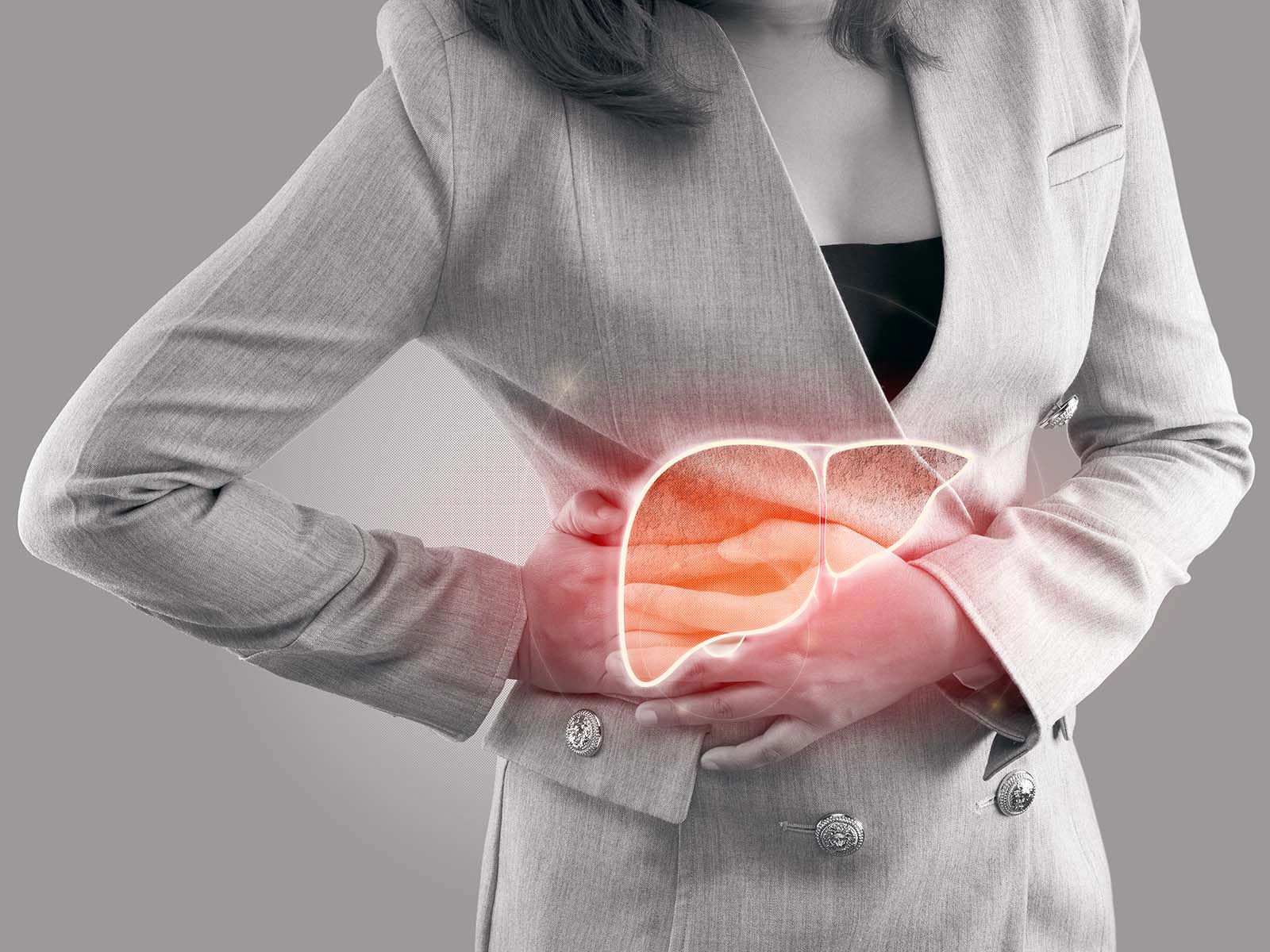
Gallbladder cholesterolosis is an illness, which develops as a result of the inner linings of the gallbladder being tiny and made up of cholesterol. They are not painful at the touch points and painful since the gallstones are hard. The discovery of cholesterolosis in an ultrasound is found by an immense majority of individuals, or when they receive treatment of the other disorder.
Symptoms are not experienced in majority of patients. It can be experienced by signs containing:
Not completely obvious but there are many reasons which can predispose you to cholesterolosis:
Our board certified gastroenterologists at GastroDoxs in Houston provide clinical expertise needed to diagnose and treat the cholesterolosis of the gallbladder and the other digestive ailments, and this also requires the patient-centred compassion. We want to assist you on the way towards a long-term relief and, in this regard, we are going to provide you with the clear and understandable descriptions, personal treatment plans and personal schedules. Are you prepared to manage your digestion? Spare and leave the rest to our staff.
We've successfully treated more than 536 patients, helping individuals improve their digestive health and overall well-being through expert, personalized care.
With over 20 years of experience, GastroDoxs has been a trusted provider of gastroenterology care, focusing on delivering the best outcomes for patients
The cholesterolosis of the gallbladder is the pathology, in accordance with which the cholesterol fatty deposits are formed on the lining of the gallbladder in small points instead of stones.
It is normally unintentionally diagnosed in abdominal ultrasound or even laparoscopic surgery of the gallbladder that has been done due to some other cause.
Majority of the individuals show no symptoms. In its presence, the symptoms may be mild abdominal pain or pressure in the upper part, stomach bloating when one consumes fatty food, nausea, gas or burgering.
It is also unclear, though the risk factors might be high cholesterol in water, overweight or obese, rapid weight loss and family history among the problems associated with the gallbladder.
ICD-10 code of cholesterolosis of the gallbladder is K82.1.
Cholesterolosis is in most cases not combined with complications and it is a benign condition.
Gallstones are hard stones structure, cholesterolosis may be characterized as small and soft fats deposits of the gallbladder wall.
It does not need any treatment when you do not experience any symptoms. Symptomatic patients can be treated using diet and lifestyle, low cholesterol medications or in some extreme cases, removal of the gall bladder.
Yes. Increased consumption of fried foods, poor weight, and physical activity could be diminished with low-fat diet, decreased consumption of fried foods, and physical activity which could decrease cholesterol.
The GI specialists board qualified who are engaged in the GastroDoxs in Houston also offer direct explanations, tailored care plans, and timely appointments with the intention of treating the gall-bladder.